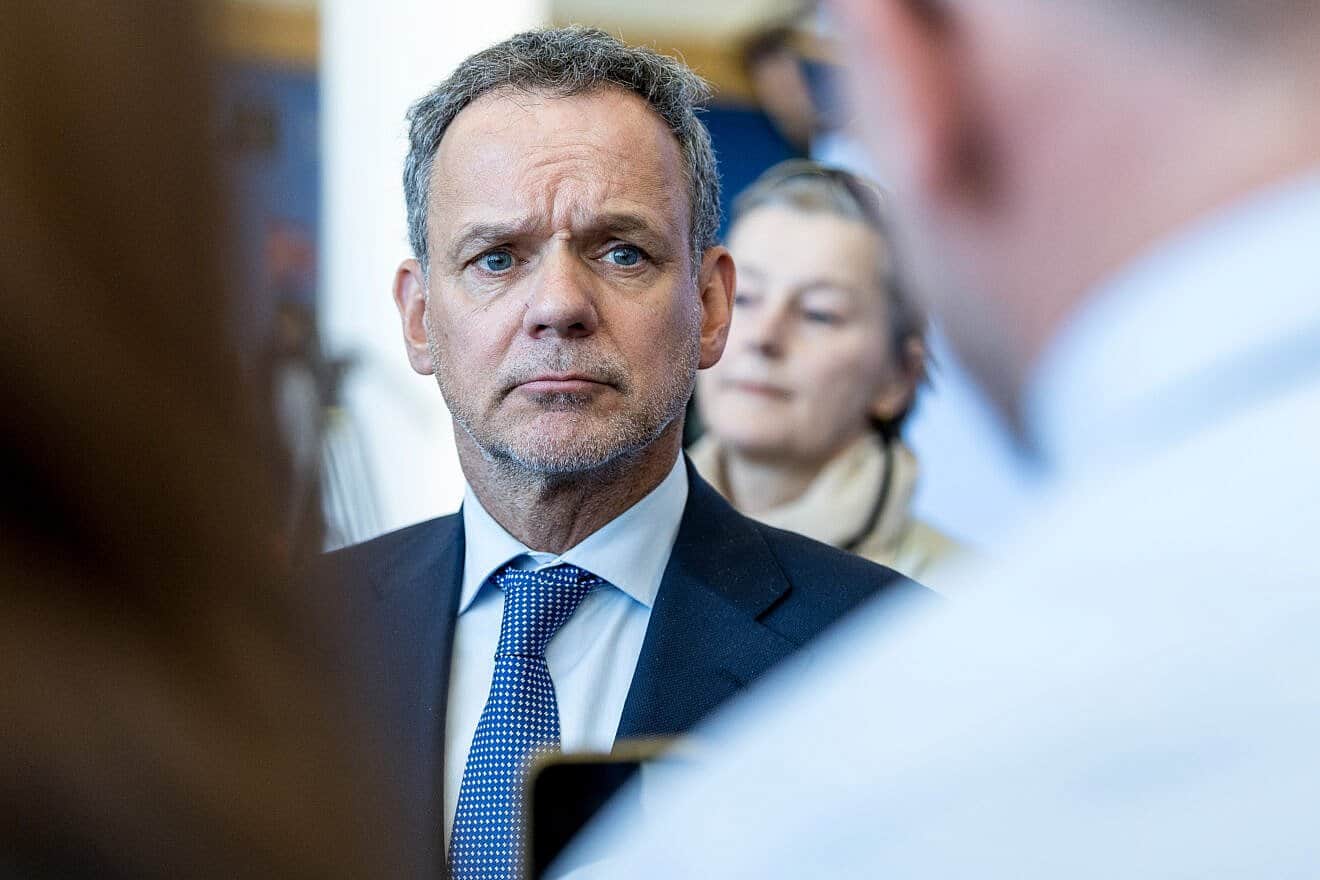Loading...
- Bseiso Family Archive
- Archives
- Affiliates
- Stories
- News
- About
Loading...
Published by Maximus Bissiccio
Netherlands Raises Concern Over Israel
/Current Events
Updated May 13, 2025

The Netherlands has ignited a contentious debate within the European Union by urging a thorough reassessment of the EU's trade agreement with Israel. This call comes in response to what Dutch officials describe as a "catastrophic" obstruction of humanitarian aid to Gaza, highlighting a deepening rift over the region's humanitarian crisis.
In a bold move echoing recent European shifts in Middle Eastern policy, the Dutch government has raised significant concerns over Israel's handling of aid deliveries to Gaza. This stance underscores a growing sentiment across Europe that existing diplomatic strategies may no longer suffice in addressing the protracted Palestinian-Israeli conflict.
The Netherlands' proposal aims to leverage the EU's economic ties with Israel to advocate for improved humanitarian access and conditions in Gaza. This approach mirrors recent diplomatic maneuvers by France and other European states, which have increasingly sought to amplify their roles in promoting peace and human rights in the region.
The Dutch initiative underscores a broader trend within the EU towards recalibrating its stance on the Israeli-Palestinian conflict. With tensions rising and humanitarian conditions deteriorating in Gaza, European leaders face mounting pressure to assert a more proactive and principled approach to the issue.
The Netherlands' call for a review of the EU-Israel trade deal signals a potential shift in European policy. It reflects a more profound reassessment of how international agreements intersect with humanitarian imperatives. As the debate unfolds, the Netherlands emerges as a pivotal voice, challenging the status quo and advocating for substantive changes in the EU's approach to the Middle East.
In this evolving landscape, the Netherlands' diplomatic maneuvering may catalyze broader discussions within the EU about the balance between economic partnerships and human rights advocacy. Whether this momentum will translate into tangible policy shifts remains uncertain. However, the Dutch initiative sets a precedent for robust engagement and principled leadership in one of the world's most enduring conflicts.
As European countries navigate these complex dynamics, the Netherlands' stance invites reflection on the role of international trade agreements in promoting or hindering global humanitarian goals. With ramifications extending far beyond economic considerations, the outcome of this debate could profoundly shape Europe's future role in advancing peace and stability in the Middle East.